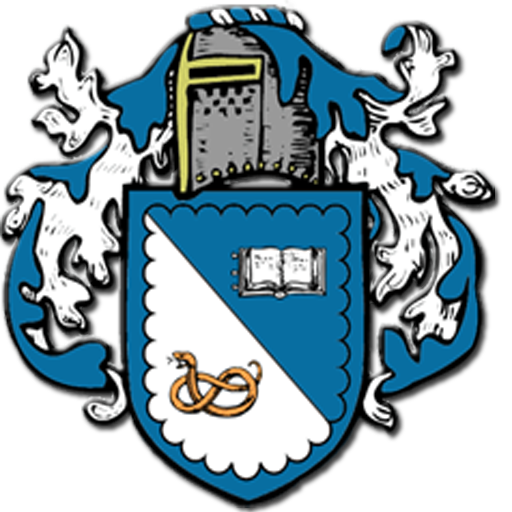- Joined
- Apr 24, 2017
- Messages
- 37,020
- Reaction score
- 110,888
Ouch. Possibly try some different historians?!
It's more simply that the books are being written with very different purposes in mind. As you mention, there are hundreds of academics churning out stuff, but they aren't doing it to cater to the layman or with the goal in mind of providing comprehensive overviews of the subject. So you've got this wide gulf that exists between simplistic, bowdlerized overviews aimed at elementary schoolchildren at tier one and then the majority of books published at tier III -dry, academic treatise illustrating one particular archeo-sociological finding and its ramifications on scholarship, and then this vast gulf of Tier II which is where practical (for gaming purposes) comprehensive info on a subject as a whole is presented is widely neglected.
I study the occult a lot as well, and it has mostly the same issue. Flippant, "basic bitch who wants to light candles and call themselves a witch because new agy stuff seems cool" introductory books flooding the market on one hand, and then impenetrable shit like Cornelius Agrippa, Crowley's 777, or Jung's Mysterium Conjunctivium, but very very little in between the two extremes.














